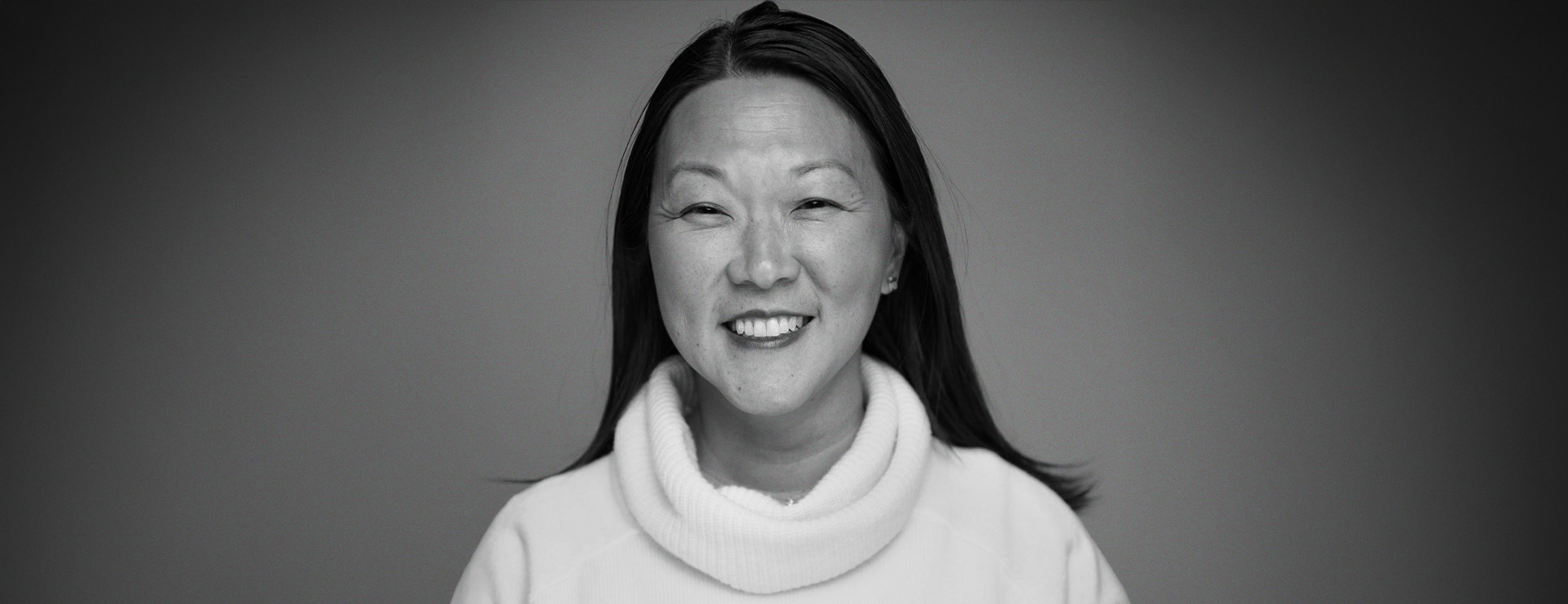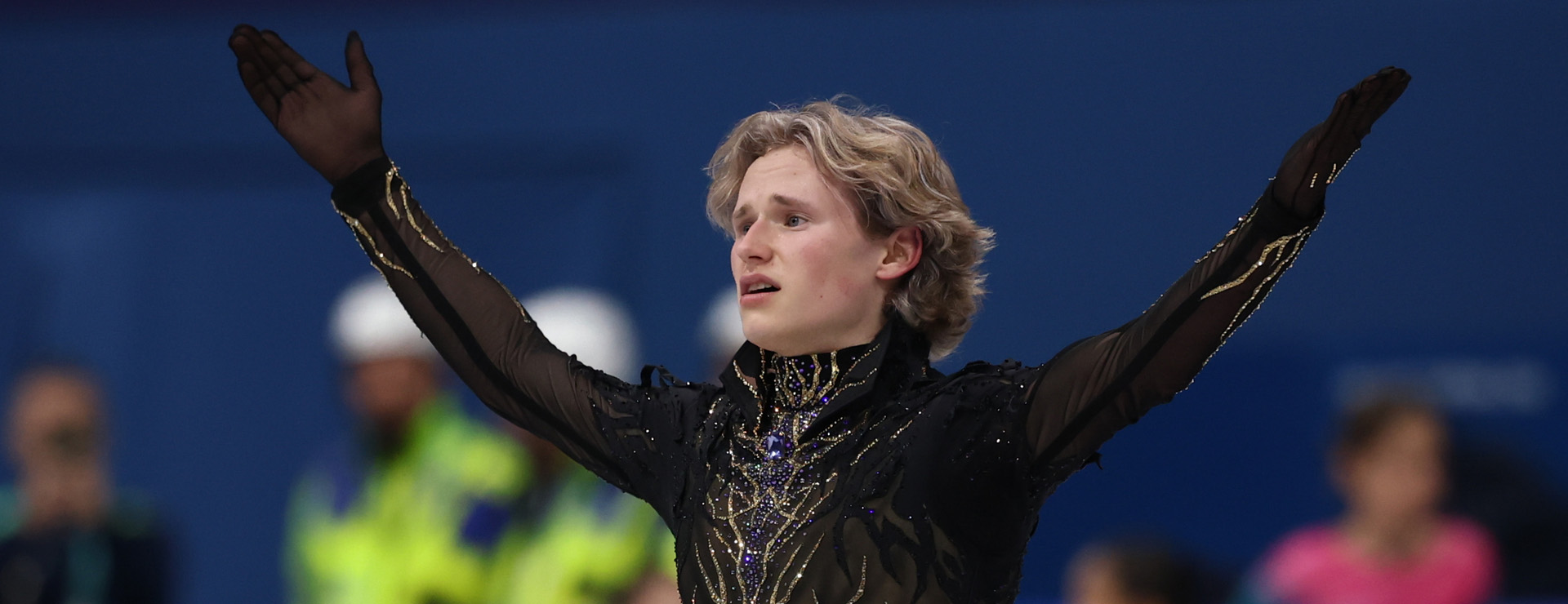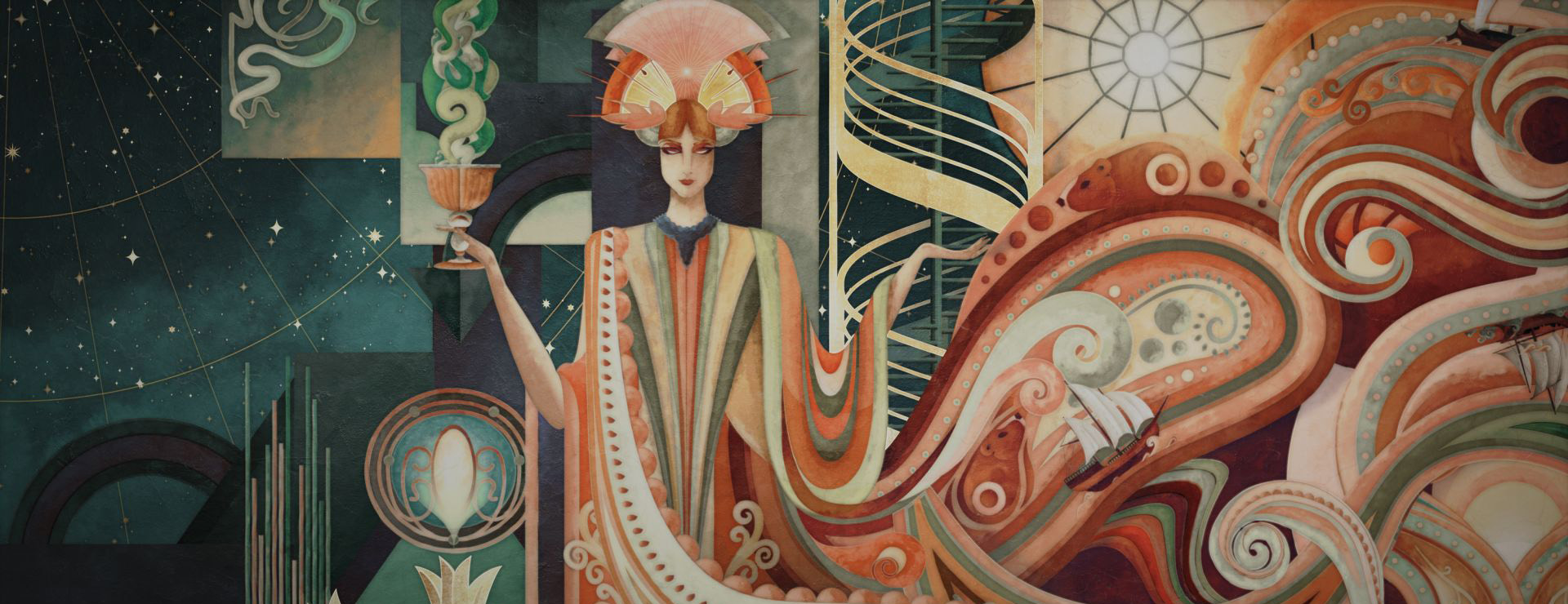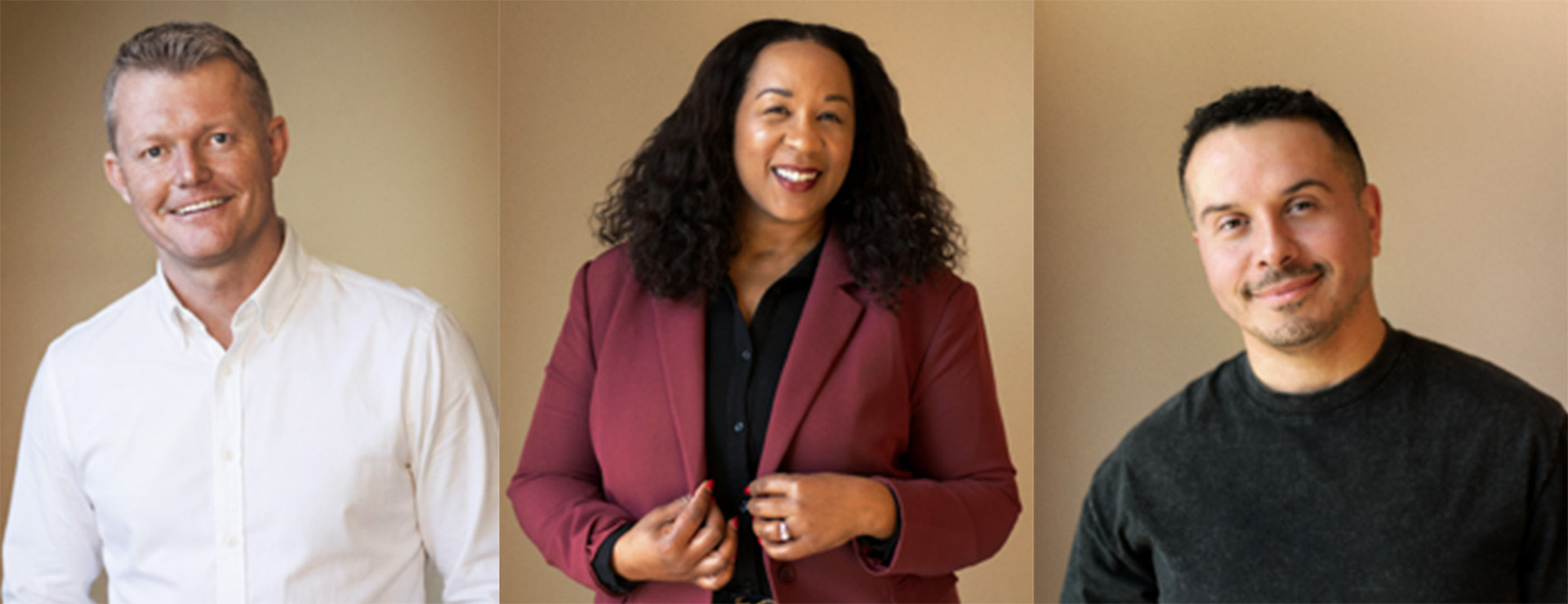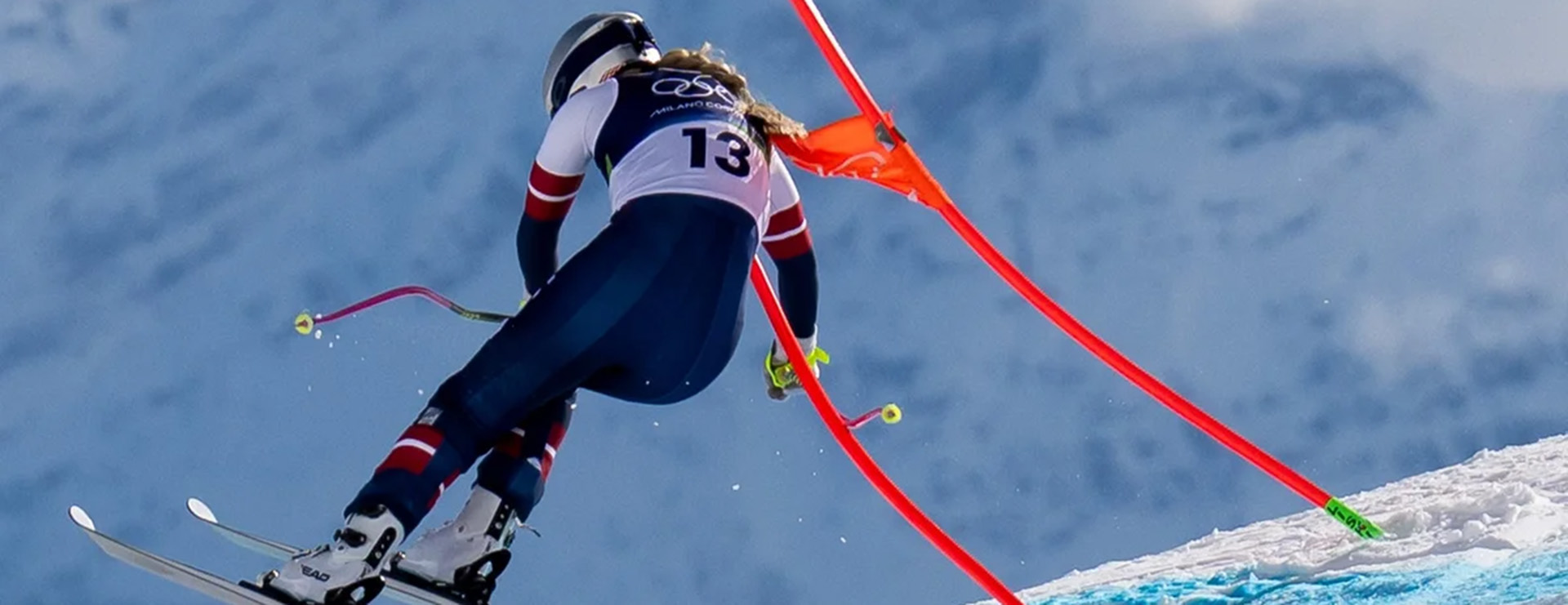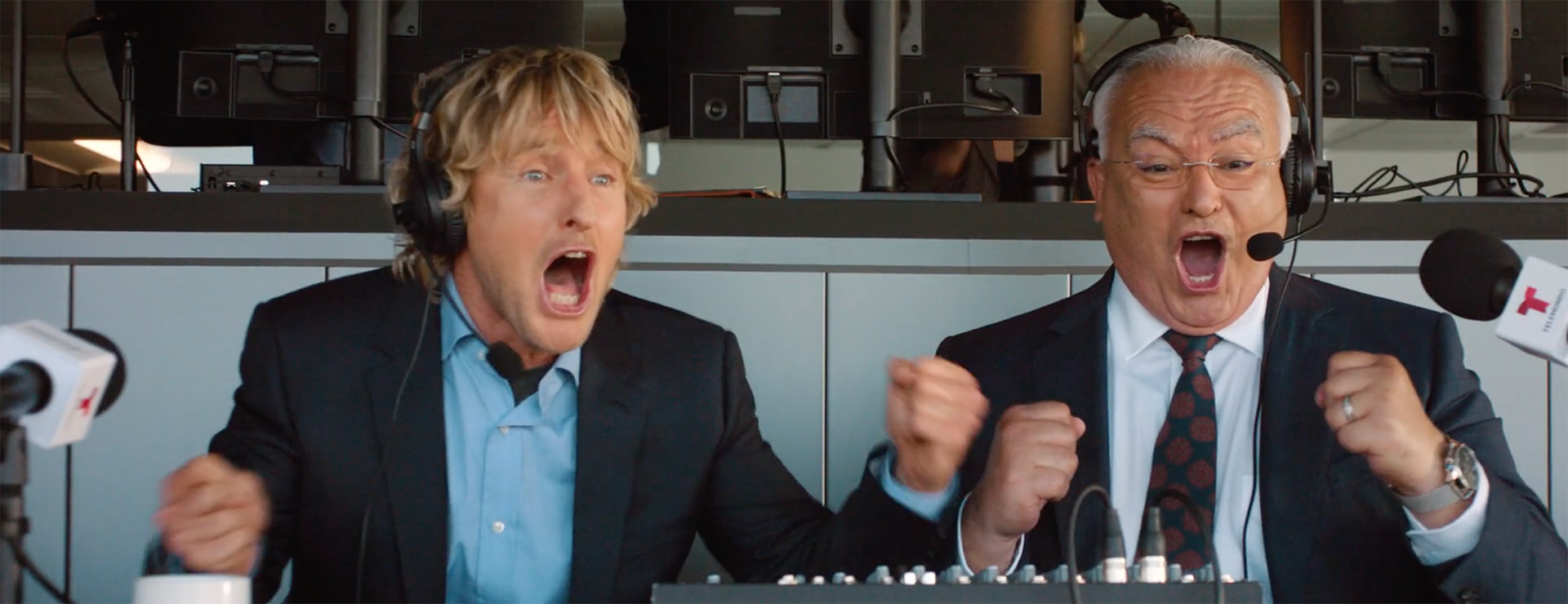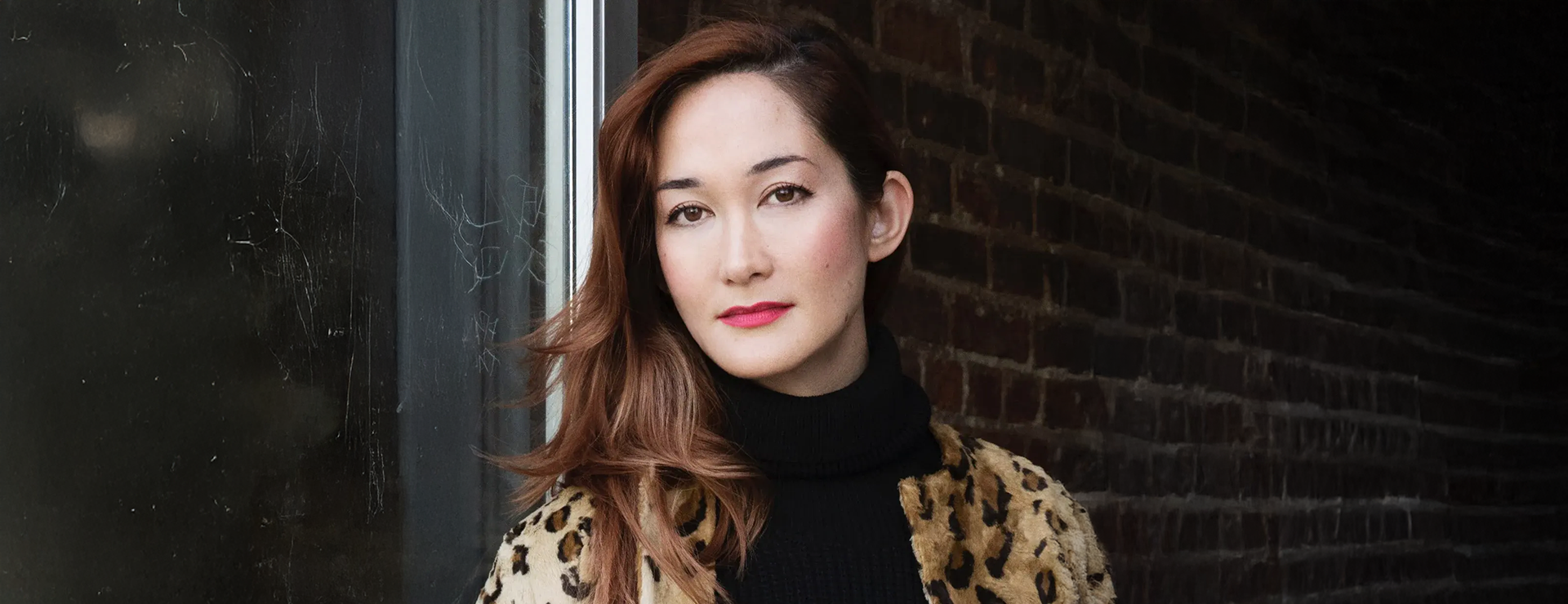Music marketer Karla Ortiz knew she wanted to break into the music business from the time she was in high school, after watching her brother work with artists such as Mariah Carey, Aaliyah, Janet Jackson, Lenny Kravitz and Nikka Costa while he was at Virgin Records.
Ortiz got her start while still a student at California State University at Fullerton, taking an internship and converting that into a full-time job at Universal Music Group, where she worked for 11 years. Her entry point was through Latin music – she’s Latinx herself and when she began at Universal, she had just returned from a semester abroad in Puerto Rico. When the head of the Latin music department, who happened to be Puerto Rican, asked her “what’s the next big thing in Latin music,” she immediately knew the answer: Reggaeton. She was in.
While Ortiz still loves Latin music today, she knew at the time that she didn’t want to be pigeon-holed into just one genre, so she worked to keep herself broadly relevant.
“I think at the onset, Latin music was extremely familiar, and I felt a lot of identification in the Latin division, not only from a language standpoint, but from a cultural standpoint,” Ortiz says. “Initially, I was thrilled about that department, and having the opportunity to network with influential Latinos. We were working with truly global superstars at the time.
“But I quickly realized that I didn't want to only remain in that sector. I wanted to be able to expand because my love and passion for music is multi-genre,” she says.
Ortiz has since worked with such artists as Rihanna, Mary J. Blige, Sarah McLachlan, Rod Stewart, Nelly Furtado and many more.
After Universal, Ortiz left to do a stint in digital engagement for a consumer packaged goods company and then returned to music as head of marketing for an independent distributor. There, she oversaw corporate and product marketing and started the company’s artist marketing division.
“I was actively executing campaigns for our top-tier artists and content releases, and as a result, I started to build my own demand,” she says. “It made me realize that I had a short list of potential clients that I could automatically tap into if I were to walk out the door and feel free to take them all and do it all my way and on my terms.
“When I realized that, and with the complexity that the pandemic had bestowed upon the corporate structure, I just felt like it was the right move to make. It was scary and nerve-wracking but something in me felt really sure about it, like it was something I needed to do, whether I floated or sank. We just turned four in July.”
Ortiz’s boutique music agency, Monark Entertainment, focuses specifically on digital marketing. She also teaches digital distribution and music marketing at the Los Angeles College of Music, helping students from all over the world learn about and maybe even break into the music business.
Ortiz walked Spotlight through just how music marketing works at the digital level.
Spotlight: How would you say music marketing differs from TV, streaming or film marketing?
Ortiz: I would say it's probably most similar to film marketing. If you're really familiar with film marketing, there's the pre-release cycle and solicitation, there's the launch, and then there's the post release campaigning. At the onset, we put together a digital audit and get a macro view of what the artist looks like online and what we feel needs to be buttoned up so that the artist has a complete synchronization in a polished manner on all of their properties, and also we identify what properties the artist is missing that they should be present on.
The next step after that is making sure they have access to all of that, walking them through how each of them actually works and what the resources are on them. From there, we go into the actual release strategy and timeline, where we figure out what is the supporting content that we're going to need? Are we going to have a lyric video and official music video? What are the content pieces that we're going to have to support from a visual standpoint?
After that I have relationships with what we call the DSPs – the digital service providers, such as Spotify and Apple Music. If it makes sense – meaning, if there's depth to the artist’s project – we will agree to solicit and pitch the single for editorial consideration at the DSPs, and then maybe even take it a step further and set up actual in-person meetings where we can bring the artist in and have them meet the team, maybe play new music and go over the overarching rollout and plan for the artist and project.
The other component tied to all of that is social media. What does it look like in terms of creating a build-up in terms of awareness and excitement around the release in advance? Once the release comes out, how are we utilizing the resources online to connect the artists with fans, and drive connectivity? We might do content that looks behind the scenes, tells the background story on how the song came together or about the partnership with the producer, if there's one, or if there's a collaborator on the track, how did the artist and that individual artist meet?
Post-release is going to be a lot of promotional support, so influencer campaigning, advertising, and anything outside of the box that we can either come up with or partner with, from a brand standpoint.
Spotlight: Does radio even come into play anymore?
Ortiz: That's a really hot topic in the business right now. And ironically, I have one project that's at top-40 stations right now, and then I have another client that came to me and said, I'm sick of spending money on radio, tell me what we can do that excludes radio because it hasn't done anything significant for my releases.
I think radio can still be extremely important and relevant depending on the genre and the commercial viability of the artist and the sound and the song. I think on the other side of it, it's extremely expensive, and I think that there are other ways where I don't think radio is as impactful or necessary. But when you think about major-label artists and certain songs that are just on such a global scale, radio still does play a part in that. It's still a part of society and consumption and discoverability at different levels, whether it's terrestrial radio or satellite radio.
Spotlight: If you are bypassing radio, how hard is it to get people to find new music and new artists?
Ortiz: I think it's a constant challenge because there are so many options these days, and there's so many niche places where people are consuming content and discovering music. At the end of the day, it's one of those things where it's like you want to be everywhere as much as possible, because you don't know when or where you're going to capture a new ear, or reach someone who's already discovered you. I think when you look back, a big story in terms of someone who broke through is Cardi B. She took the time to go to tertiary radio markets and really spend time with those program directors and programmers. And now she's a huge success. That was something that took time and dedication and a strategic team and probably pretty significant financing to make it happen, but it worked,
Spotlight: I wonder if you could do a radio push like that today and still have the same effect.
Ortiz: Actually, one of my client’s right now [Carol Doche] is a brand new artist, and we're in the midst of that. We're literally doing all of that in terms of penetrating top-40 radio. It's a single with her and Wiz Khalifa [called “Montego”]. She's completely brand new, super beautiful and talented, she’s the total package and she's a true artist. We're working on locking in local radio show performances, and again, building and telling the story.
Spotlight: What does that process look like when you take it to the digital music platforms?
Ortiz: That's a good question and I actually teach digital distribution, which is essentially what you're talking about. I mean, it's one part getting your music and content ingested into a reputable distributor who can then bring it to market effectively and efficiently. That's part one. And you want to go with a distribution company that has the ability to get your music in all of the right places around the world.
And then the second part is understanding and knowing how to pitch the editors and the music teams at these different destinations, and that's usually where a lot of artists and teams will hire someone like me, depending on the structure of their deal with distribution. Distribution has people in-house that can help with facilitating that as well. At the end of the day, it comes down to knowing the overall story, the connectivity between that editor and the music itself, and the marketing support that's going to go into the rollout of the project. We're constantly being told [by the digital music platforms] that they don't want to get behind something that's just going to be thrown at the wall. They want to get behind something that has legs and that there's going to be dedication and momentum behind.
Spotlight: In this extremely fragmented environment, how do massive hits like this summer’s “A Bar Song (Tipsy)” by Shaboozey break out in the ways that they do?
Ortiz: It happens in different ways. I think that TikTok has been a huge influence with some of these tracks that have taken off, as well as reigniting catalogs that maybe hadn't really done much in the past.
I was just having a conversation about how TikTok is one of the best and primary platforms that actually drives conversions to consumption of music. I think there are certain anomalies, but at the core, it's about quality music. And then it's going to be about how it's being exposed and where it's being placed and featured.
Spotlight: You say TikTok is one of the best and primary platforms to drive consumption of music, but I feel like you can't force people to be on Tiktok, and you can't force them to be good at it. How do you manage that? Like Tiktok might be a great place for artists to be, but you don't want to make them become a content creator if that's not really in their wheelhouse.
Ortiz: That's a great question. If I'm going to engage the TikTok music team, the artist needs to be fully active and engaged on the platform. Rightfully so, they don't want to lean in if you are not leaning in yourself on the platform.
So that's one side of it – when I talk to you as an artist, you have to bring that to the table right off the bat, if we're looking for an in with TikTok, for TikTok music team support in some capacity, we need to make sure that we have done our due diligence of being active with a profile that's outfitted and has a steady cadence of content. That's question number one: are we seeking support from Tiktok directly? Number two, if the artist, and I have plenty of artists and clients that don't want to bother with TikTok, doesn't want to deal with it, that's fine. You don't have to and I can't force you to. So we look at other ways to engage on the platform. We run [user-generated content] campaigns, we run influencer campaigns. We run what we would call lifestyle campaigns, all sorts of different campaigns that we can lean into, because at the end of the day, it's about driving people to use the sound and to utilize the sound with as many native creators as possible. That doesn't typically require the artist to be involved. Is it better or more helpful if the artist is involved and engaged on the platform? Yes, 100%. Can we lean into other influencers to help us do the same thing? Yes.
Spotlight: What's an example of how you would employ these different types of content to promote an artist without the artists being involved? How do you get an influencer to use a certain song? How do you get a lifestyle campaign out of it, or user generated content that uses the music?
Ortiz: Typically, I come up with the idea as far as what it is that we want influencers to do with the song, and also, what part of the song we are making available as what we call an official sound, and then users can just put it on reels or whatever. You can just have the song available for people to use. Instagram makes the entire song available for you to pull from, and TikTok does not. TikTok has different links of songs available according to the distribution deal with the distributor that you're utilizing.
I've done a lot of campaigns in Latin America and other campaigns that have been global, where we have a very specific directive of what we want [influencers] to do with the song and the sound and the tag we want to include. That's how we can monitor and manage that.
Spotlight: When you're tapping into an influencer network, is there some kind of pay structure? And are you also working with some kind of agency who's distributing work to their influencers?
Ortiz: Sometimes we're working with agencies who manage influencers, and then sometimes my team and I will just roll our sleeves up and strategically reach out to influencers that we think make sense. Or you can do both.
Spotlight: Beyond influencers, how do you tap into fandom to expand your artist's influence?
Ortiz: I would say it's through all of these different types of activations. It's leaning into influencers that you know potential fans are going to identify with, and hopefully drive home that connection and that sense of interest. I think there are a lot of different approaches to driving campaigns or content that we feel is aspirational that people are going to be drawn to for specific reasons, whether it's related to beauty or fashion or fitness. It's zoning into and going beyond just the musicality of it.
I always tell artists, ‘what else makes you interesting as a person? What are your hobbies and affinities? And how are we going to connect to people that are similar to you in terms of your lifestyle?' Those are typically the avenues that it will take to try to drive that connectivity, and that's where we have to get innovative and creative around that.
Spotlight: I feel like I see a lot of music content that is artist driven, but how actually artist-driven do you feel like music marketing is? Do you think is that just an illusion on my part?
Ortiz: That's a really good question, a really, really good question. I think it depends on the artist, because at the end of the day, any successful artist needs people like me on the team. I think most successful artists need a solid manager on their side. And you know, a lot of times we run into three different types of artists. There's the artist that's aggressive and hands on and wants to know and understand and control the situation.Then you have an artist that's collaborative, and they take direction well, and you work together to come up with ideas and whatnot. And then you have the third type that's just completely hands off, and is like, I'm just here to create the music. Just do what you got to do.
Spotlight: When you're talking to students, do you also advise them about getting into the music business? And how do you talk to them about honoring their own culture and language while thriving in various music markets?
Ortiz: So I teach at the Los Angeles College of Music and these are all students that are interested in getting in the music business in some capacity, whether it's on the business side or on a creative front. And I love talking with them, because they are hungry with questions, and wanting to know and understand how all of it works. I tell them that I think we are getting to a place where we're celebrating each other's cultures and individuality a lot more in different ways.
I tell them that it's important to lean into their culture and their language in tandem with what they're doing from a domestic standpoint, and I talk to them about how to leverage that to their advantage.
Spotlight: If you're going to give them advice on how to break in, what do you tell them?
Ortiz: I tell them that it’s either going to take financing or time. Success is truly the combination of the two. You need to have financing to support specific campaigning that you're going to need to get your message across to more people. At the same time, you're going to need to spend the time to create content and put yourself out there, which is great nowadays, because even though it's more work for you as an artist, you control the narrative. And there's nothing better than being able to control your own narrative.


